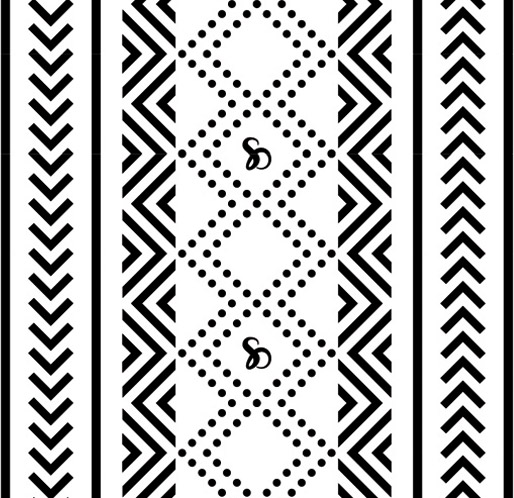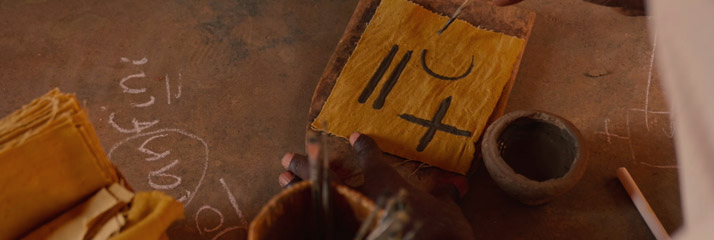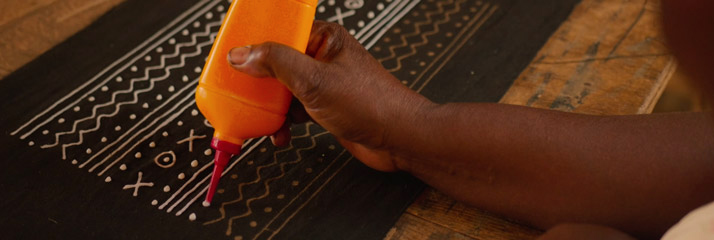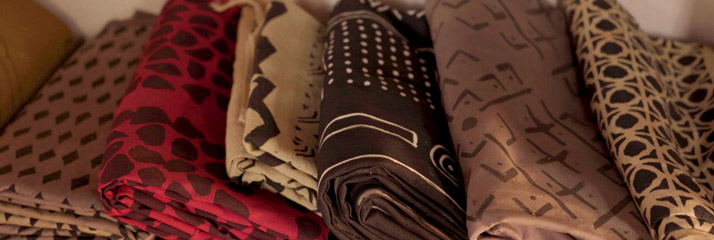Customer Service
Quick Links

The SEKBI print is entirely custom made, respecting most of the bogolan codes: repetition of patterns, geometric shapes, and narrative. The pattern is minimalist yet highly recognizable with our logo, it has a strong African identity, but showcasing a global aesthetic. It represents unity, the journey of humanity. How we individuals as many and different, we are all equally special and unique. Ultimately our interactions build this eclectic and rich path. Throughout the whole chain of our creative process, we’ve selected partners for their ethical values aligned with the SEKBI vision, the main one being consciousness.

Bogolan is a traditional handying and textile printing technic, made of mud. Bogolan exists since the Bambara empire era and is very popular in West Africa especially in Mali where it is still widely used. Being a specific process, the craftsmen usually use thick cloths of cotton or other natural fabric. The patterns have a meaning and symbolize a mind set or lifestyle; bogolan attire has been used for celebrating significant events in communities.
Over the years, many renowned designers have been inspired and /or using bogolan, exposing this ancient craft on the international creative scene.
The project of building a brand that celebrates and democratizes Africa was born in the mid 2000’s. In 2017, we’ve visited a women’s cooperative in Segou, a small town two hours away from Bamako. We had the opportunity to observe the different steps of the making of traditional bogolan, and how these women made sure to maintain the whole process as eco friendly as possible. The idea of SEKBI started to mature further: reinterpreting these prints in a modern and contemporary way for a global audience not necessarily familiar with bogolan, but keen to embrace a part of our African Heritage and culture.




SEKBI Bogolan strives to help shape a better Africa for the continent to become a land where dreams meet opportunity. Because education is key in driving a sustainable socio-economic development of our communities, one of our main goals will be to support the academic upscaling of African leaders. Four percent of profits from the sales of our clothes will be fairly redistributed to support access to schooling to the underprivileged youth with high potential and to the future African leaders of tomorrow.


By subscribing, you consent to receiving newsletters on our latest collections, events and initiatives.
Privacy policy.